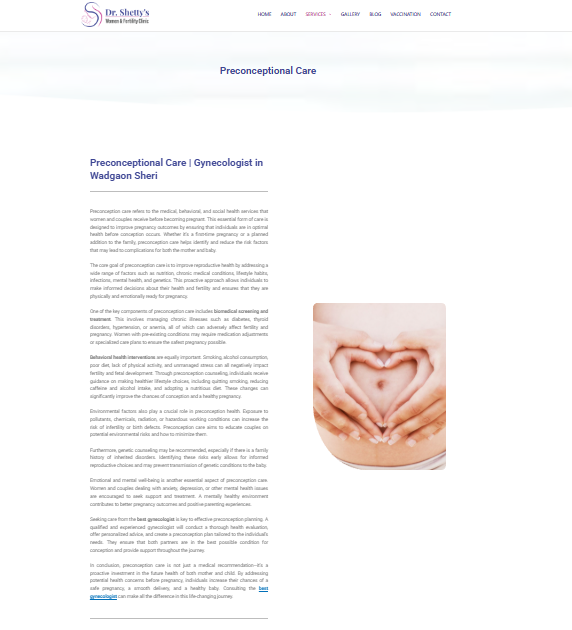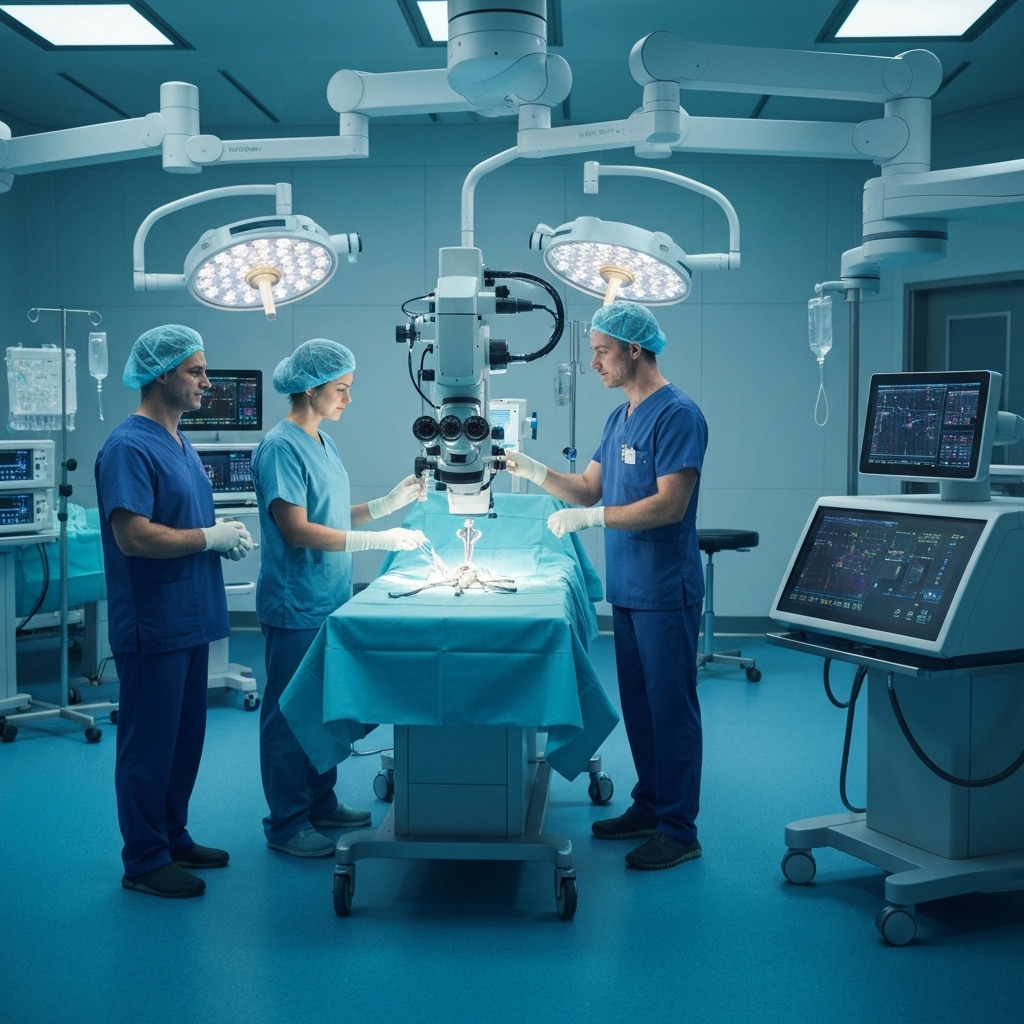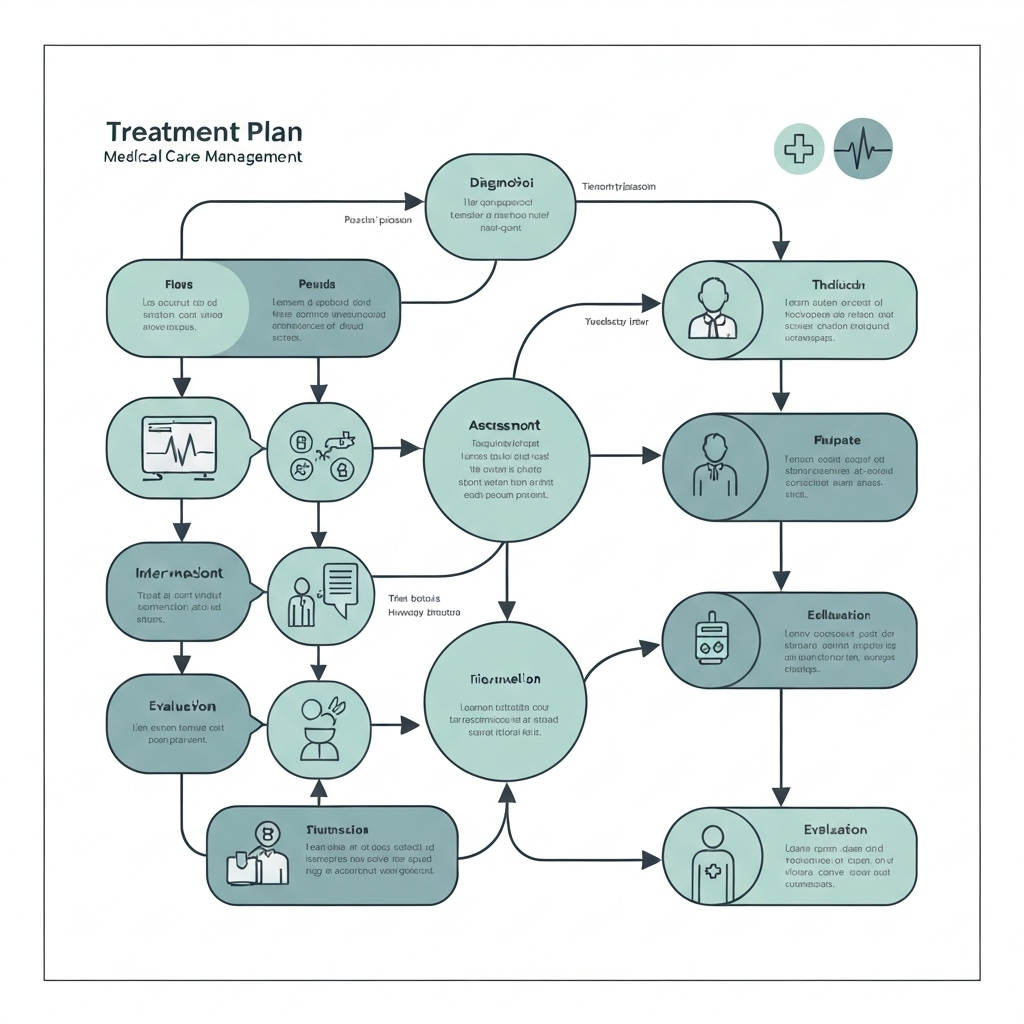Hysteroscopy and Laparoscopy
Expert care and guidance from Dr. Meenal Warade, your trusted gynecologist.

About Hysteroscopy and Laparoscopy
Hysteroscopy and laparoscopy are minimally invasive surgical procedures used to diagnose and treat various gynecological conditions. Hysteroscopy involves examining the inside of the uterus using a thin, lighted telescope, while laparoscopy uses small incisions to view and operate on pelvic organs.
These procedures offer significant advantages over traditional open surgery, including smaller incisions, reduced pain, shorter recovery times, and lower risk of complications. They are essential tools in modern gynecological practice for both diagnostic evaluation and therapeutic intervention.

Expert Consultation
Personalized care with comprehensive evaluation and treatment planning.

Advanced Technology
State-of-the-art equipment for accurate diagnosis and effective treatment.
Common Causes & Risk Factors
The need for hysteroscopy and laparoscopy arises from various gynecological conditions requiring direct visualization or surgical intervention. Abnormal uterine bleeding, suspected uterine abnormalities, or infertility evaluation may require hysteroscopic examination.
Conditions such as endometriosis, ovarian cysts, pelvic adhesions, or ectopic pregnancy often necessitate laparoscopic evaluation and treatment. Chronic pelvic pain of unknown origin may require diagnostic laparoscopy to identify the underlying cause.
Fertility issues, including blocked fallopian tubes or uterine abnormalities, may require both procedures for comprehensive evaluation and treatment. Failed medical treatments for conditions like heavy menstrual bleeding or pelvic pain may indicate the need for surgical intervention.

Lifestyle Factors
Understanding how daily habits and choices impact your health.

Genetic Factors
Family history and genetic predisposition considerations.
Prevention & Management
While these procedures are primarily therapeutic, they can prevent progression of certain conditions and avoid the need for more extensive surgery. Early intervention through minimally invasive techniques can prevent complications and preserve fertility.
Proper patient selection and thorough pre-operative evaluation help ensure optimal outcomes and minimize risks. Following post-operative instructions, including activity restrictions and medication compliance, prevents complications and promotes healing.
Regular follow-up care after procedures helps monitor recovery and detect any complications early. Maintaining overall reproductive health through regular gynecological care can help identify conditions before they require surgical intervention.

Regular Screening
Early detection through routine examinations and preventive care.

Treatment Planning
Customized treatment approaches tailored to individual needs.
Frequently Asked Questions
Ready to Get Started?
Schedule your consultation with Dr. Meenal Warade today for personalized care and expert guidance.